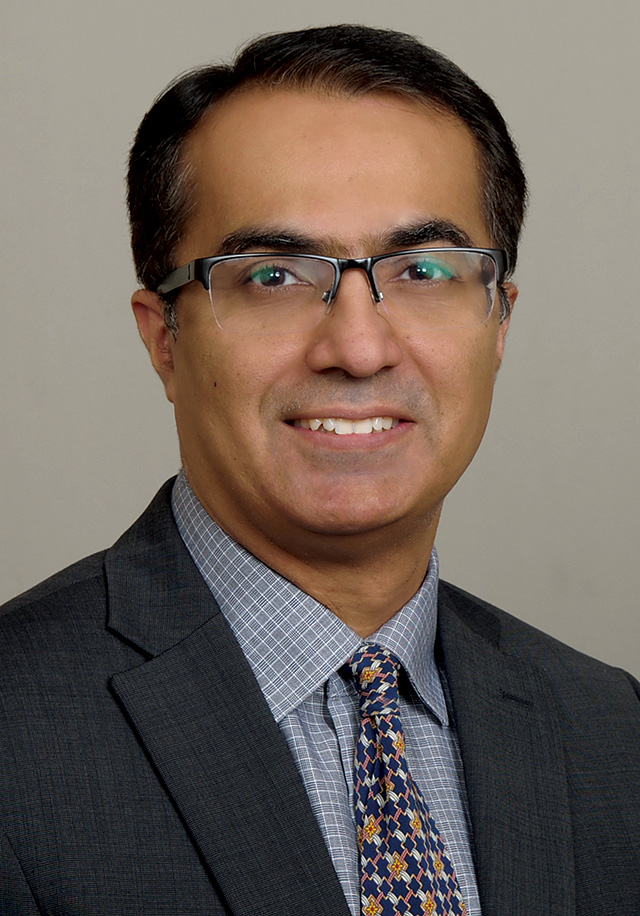What do coffee, soda, tomatoes, alcohol, and chocolate all have in common? Sadly, they are often triggers for heartburn. But what if you stay away from these foods and you still get that nasty burning sensation in your chest?
While certain foods are known to cause heartburn, there are many culprits other than just diet. That’s why it’s essential to separate fact from fiction when it comes to preventing and managing the condition. Let’s first start by understanding why heartburn occurs and then look at ways to help avoid its unwanted symptoms.
What is Heartburn?
When your esophagus (the tube that connects your throat and stomach) becomes irritated by stomach acid, you can get a burning discomfort in your upper belly or chest behind your breastbone. That burning sensation is heartburn — and it has nothing to do with your heart.
Instead, heartburn happens when acid rises up from your stomach as acid reflux. Typically, when you swallow food, a band of muscle called the lower esophageal sphincter (LES) relaxes to easily allow food and liquid to move down into your stomach. The muscle then tightens again and all is good. But if the lower esophageal sphincter isn’t working quite right, stomach acid can flow back up into the esophagus and cause heartburn.
Beyond Food Triggers, How to Avoid Feeling the Burn
Sure, it’s best to limit eating fried, fatty, sugary, and acidic foods whenever possible if you notice a pattern of discomfort afterwards. But heartburn is much more than a poor diet.

Gastroenterologist Zeeshan Ramzan, M.D., a physician at Texas Health Digestive Specialists, a Texas Health Physicians Group practice, and on the medical staff at Texas Health Harris Methodist Hospital Fort Worth, offers these tips for helping to prevent and manage symptoms from other sources:
- Resist the urge to exercise late in the day. Exercises like weightlifting and stomach crunches can put pressure on the abdomen, which can increase the risk of acid reflux. “If you have a habit of exercising near bedtime, especially doing exercises that increase abdominal pressure, you may experience heartburn,” Ramzan adds.
- Refrain from overeating. When your stomach has a large quantity of food in it, it will become enlarged. The more your stomach stays distended and bloated, the more likely the LES muscle won’t close properly. “When the LES doesn’t close properly, it allows stomach juices to flow into the lower esophagus resulting in acid reflux,” Ramzan explains. “By eating smaller, more frequent meals throughout the day and not overeating, you can help your digestive system better manage food residue and stomach acid after meals.”
- Consider timing when eating. Eating too rapidly can be a heartburn trigger, as can eating while lying down or eating too close to bedtime. “It helps not to eat within three hours of going to bed,” Ramzan says. “Gravity plays a role in keeping your digestive system in check and preventing stomach acid from moving upwards toward the esophagus. Hence, staying upright after eating is best for proper digestion. It’s especially true in pregnancy, where excess pressure and nausea can also come into play.”
- Stress less. Studies show that when you are stressed, you become more sensitive to smaller amounts of acid in the esophagus. Ramzan suggests that even making simple changes to your daily routine, like managing anxiety and getting enough sleep, can help you manage stress levels for better gut health.
- Assess your medications. Some over-the-counter and prescription medications taken for other health problems can increase the likelihood of heartburn. “Although it may not be possible to skip certain medications, it’s important to review everything you take with your doctor and to rely on their guidance for the best symptom relief,” he notes.
Learn more about heartburn prevention.
When to See a Doctor
If you have ruled out the foods you eat as the culprit for your heartburn and suspect another factor, Ramzan says it’s important to talk with your doctor about your options for treating and preventing heartburn. “A gastroenterologist is qualified to help guide you to better digestive health no matter the factor that may be causing you heartburn.”
If your heartburn is severe or you continue to have symptoms more than twice a week despite lifestyle changes and over-the-counter medications, call your health care provider. “Ongoing reflux can sometimes lead to serious problems that should be expertly addressed,” Ramzan says. “Fortunately, there are many options — ranging from lifestyle and dietary modification, medical therapy, and endoscopic and surgical treatments — that can help provide relief in a timely fashion and prevent unexpected complications. A gastroenterologist specializes in diagnosing and managing gastroesophageal reflux disease, or GERD, and its complications.”
Another Heartburn Myth: It’s No Big Deal
Occasional heartburn is common, but if you’re experiencing it frequently it can disrupt your daily activities. It can also be a sign of a more serious condition that needs medical attention. It could be a symptom of gastroesophageal reflux disease, which can cause esophageal ulcers, swallowing difficulty, chronic cough, and other conditions. Left untreated, chronic heartburn can increase your risk of benign, precancerous and cancerous conditions, including esophageal cancer.
Want to learn more about heartburn risk factors? Take our acid reflux health assessment.
Texas Health offers a network of digestive health specialists to help you live more comfortably. Find a gastroenterologist near you at TexasHealth.org.
Providers employed by Texas Health Physicians Group are not employees or agents of Texas Health Resources hospitals. © 2025 Texas Health Resources.

